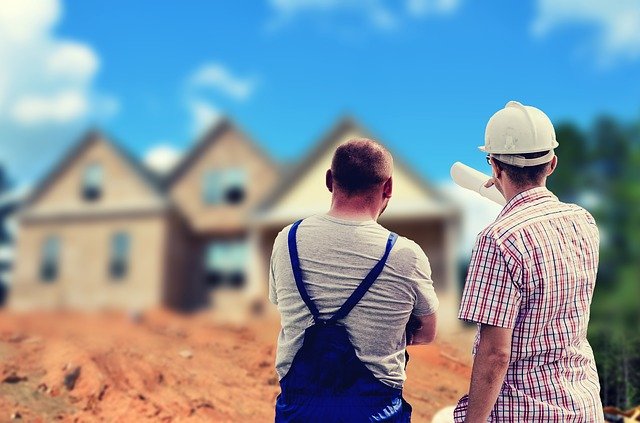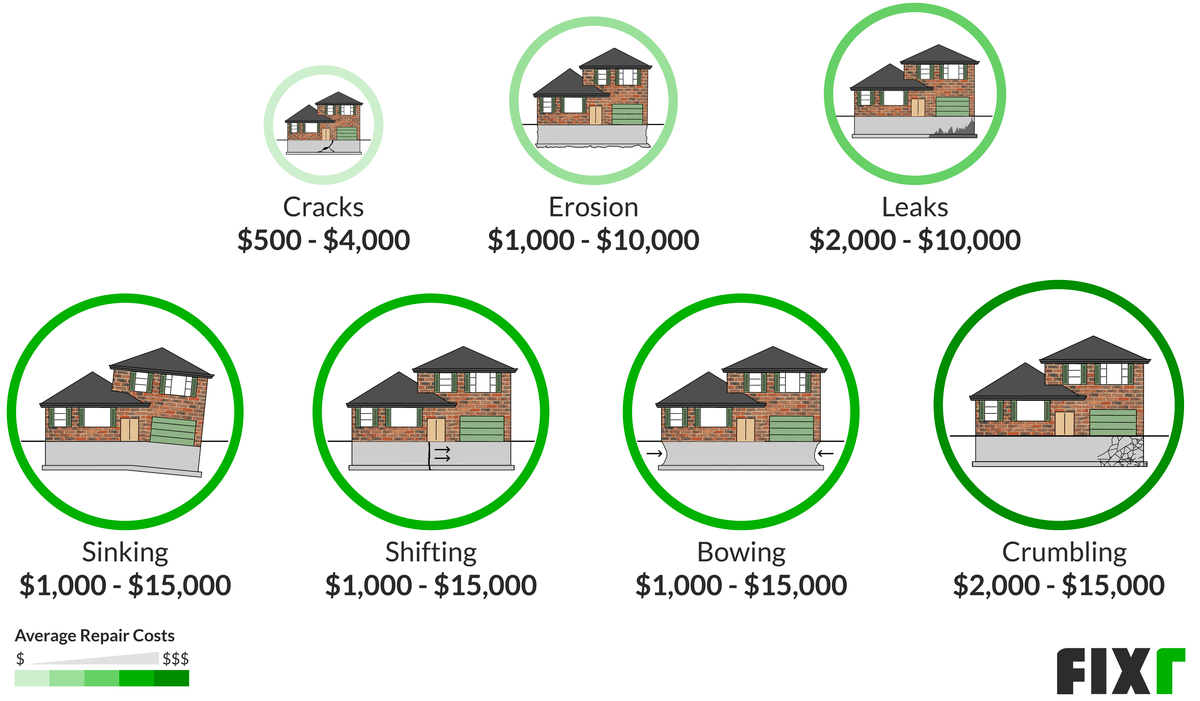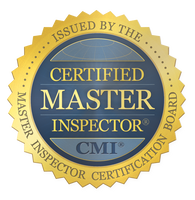|
Have you been told that you need a foundation inspection for your home or a home you are about to buy, but are not sure what that means? Inspection of the condition of a home's foundation is provided in your home inspection report, but sometimes your home inspector will recommend that you seek the advice of a foundation specialist for further evaluation. This post is guest contributed by Doug at Granite Foundation Repair to answer your questions about home foundation inspections. What is a home foundation inspection, and when do you need one?The foundation is what holds the structures of your home in place. A building derives its stability from the foundation, and problems with the foundation will reverberate throughout the house. If a foundation fails, the walls, floors, and roof of the building can lose its shape and function. Foundation damage will impair the appearance of a building and diminish its market value. That is why homeowners are wary of problems with their home’s foundation. Signs of damage to the foundation should be treated with urgency to keep them from progressing into foundation failure. The foundation inspection is a process of examining a home’s foundation for signs of damage. It also helps to verify if the signs visible on a foundation are the results of foundation damage. Home foundation inspection becomes necessary when homeowners detect possible signs of foundation damage on their building. Owners, who are about to sell their home and want to be sure of its structural integrity, can also conduct it. It could be ordered by a homebuyer if the home inspection report reveals issues with the foundation that requires further investigation. Who conducts the home foundation inspection?Licensed structural engineers conduct home foundation inspections. Structural engineers have the necessary training to do a thorough assessment of the home’s foundation. Home foundation inspections done by non-professionals are likely to be inaccurate. Licensed structural engineers follow the code of ethics set by their professional bodies. Since they have a reputation to protect, they work to the highest standard of professionalism. What can you expect from a home foundation inspection?The process of a home foundation inspection is relatively straightforward. The goal is to look for evidence that the home’s foundation has moved. Inspectors will investigate the cause and extent of the problem and recommend solutions. The engineers check for signs of: - Foundation settling or sinking - Upward movement of the foundation - The sideway motion of the foundation When you hire a structural engineer to conduct a home foundation inspection, this is what the process should look like: Step one: The interview You will answer some questions to help the engineer understand the problem and determine the inspection criteria. The questions will focus on the signs of foundation damage you have spotted in your home and how long the indications have been present. Step two: Floor Elevation Survey Next, the engineer will get floor elevation data from when the home was built. That will serve as the baseline for comparing the current floor elevation. The goal of the floor elevation survey is to detect deviations in the recent floor elevation. Step three: Visual inspection of the interior, exterior and surrounding areas Next is a visual inspection of the building to look for signs of foundation damage like cracks in the foundation, walls & floors, leaning walls, sloping & sagging floors, etc. The engineer will also look at the ground’s slope around the home, nearby vegetation, and the gutter system. Step four: Check plumpness of walls and doors The inspectors will check doors, cabinets, walls, and trim with a plumb line to see if they are out of level and to what extent. Step five: Forensic analysis A forensic analysis helps to determine the cause of the foundation movement. The cause of the problem determines the best solution to apply. Examples of probable causes are water pooling at the home’s base, poor soil compaction during construction, erosion, and flooding. Step six: Conclusions and recommendation After concluding the forensic analysis, the engineer can now advise you on the cause of the issues and the solutions. This recommendation is verbal and may not include complete details of the problems and solutions. Step seven: Engineering report delivery In the final step, you will receive a formal report of the inspection findings. That will include the interview information, the scope of services, and the recommendations. It will usually comprise a detailed elevation map of the foundation in CAD format. How much does a home foundation inspection cost, and how long does it take?The average time it takes a licensed structural engineer to conduct a complete inspection of a foundation is 90 minutes or one-and-a-half hours. Depending on the home’s location, the inspection cost will be between $350 and $500. In some areas, the cost may go up to $1000. But this cost is a small price to pay for the trouble a home foundation inspection can save you. Thank you for the great information, Doug! If you still have any questions about the foundation portion of your home inspection, please give us a call! Check out the graph below from fixr.com to see how much it may cost to repair your foundation. For buyers, a home inspection report (and specialized home foundation report, if recommended) may save you from an expensive mistake, or at least give you some numbers to work with when considering your offer price or negotiating.
3 Comments
|
Texas Premium InspectionsHello! We're your neighbors and expert licensed professional home inspectors in Houston, TX. We love sharing our knowledge and answering any questions you may have about the home inspection process. Archives
July 2022
Categories |
HoursCalls
Every Day: 8am - 6pm Inspections Every Day: 9am or 2pm |
Telephone972-251-3014
|
|
TREC License Numbers
|
All Web Content Copyright 2022 Texas Premium Inspections This is the day the lord has made -Psalms 118:24



 RSS Feed
RSS Feed




